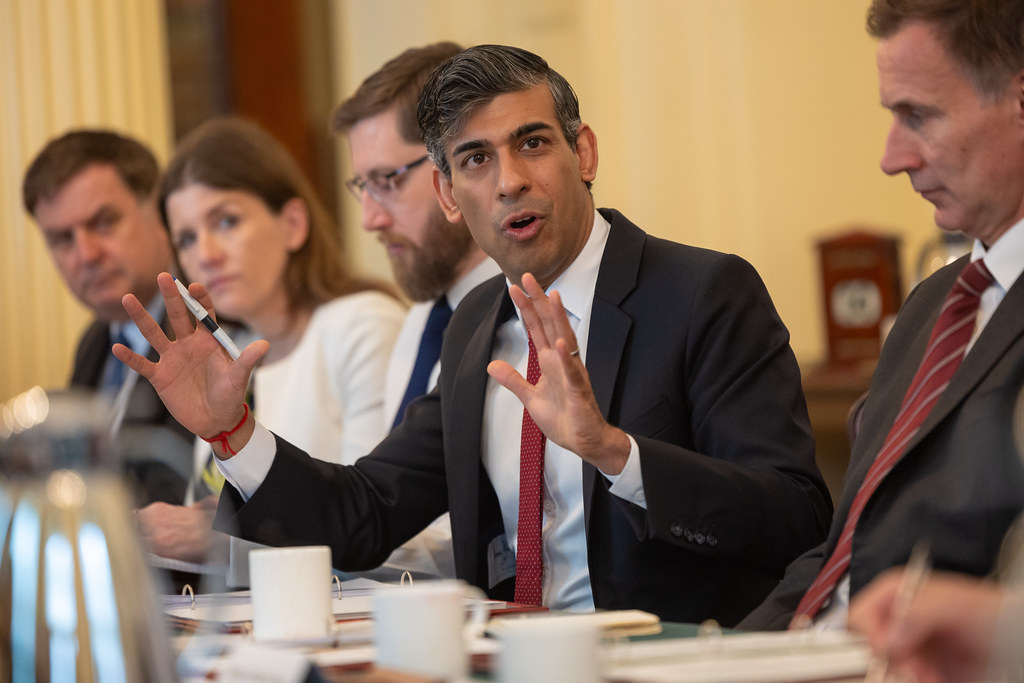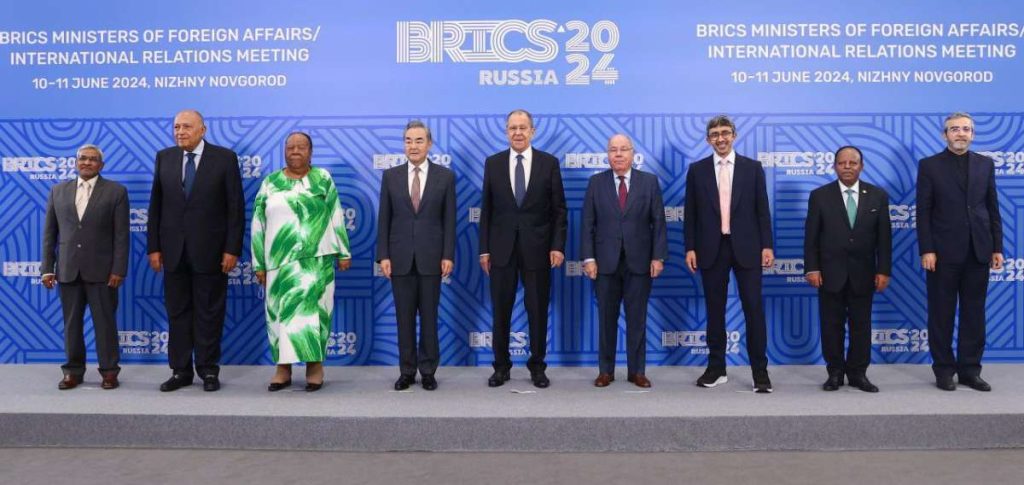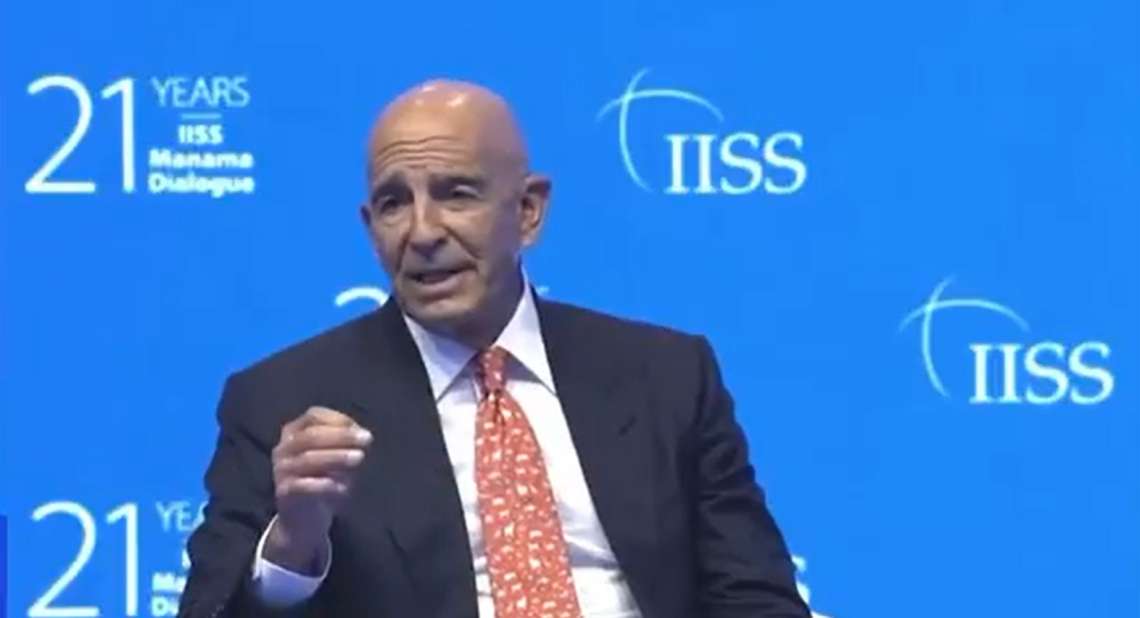The Conservatives have also said they want to abolish National Insurance completely in the long term, when it is deemed affordable to do so…reports Asian Lite News
The Conservative manifesto will include tax cuts, Rishi Sunak has said. The prime minister said, “We’re going to keep cutting people’s taxes. You’ll see that in our manifesto tomorrow.”
Challenged over how he would fund his policies, Sunak said they would all be “fully funded and costed”. He insisted day-to-day government spending on public services would continue to increase ahead of inflation under a future Tory government.
But when pressed over whether certain departments would see cuts, he acknowledged “all governments prioritise within that.” In the spring Budget, the government announced a 2p tax cut to National Insurance for 27 million workers – matching another reduction set out in last year’s Autumn Statement.
The Conservatives have also said they want to abolish National Insurance completely in the long term, when it is deemed affordable to do so. The party’s manifesto, which is being launched on Tuesday and will outline what it plans to do if it wins the election, is expected to include a pledge to scrap stamp duty for first-time buyers of properties costing up to £425,000.
However, it is not thought to include anything on inheritance tax. Asked if the Tory manifesto would promise more tax cuts, Sunak said he wanted to build on the tax cuts “we have already started to deliver”.
Both the Tories and Labour have ruled out any increase to the rate of income tax, National Insurance or VAT. However, both parties have also said income tax thresholds will remain frozen until 2028. This means millions of people will be pulled into a higher tax band if their wages increase.
Sunak said his party’s policies would be paid for by clamping down on tax avoidance, which he said would raise £6bn, as well as reforming the welfare system and getting more people into work. However, the independent Institute for Fiscal Studies has said delivering the £12bn savings promised by the Tories by 2030 through reforming welfare “looks difficult to the extreme”.
The think tank has also warned whoever wins the next election will have to cut the scope of what the state provides or increase taxes to maintain levels of departmental spending. Asked if he would be honest with people that his plans would also mean significant spending cuts for many government departments, the prime minister said: “No, that’s not what our plans show.”
He said day-to-day spending on public services under a future Tory government would continue to increase ahead of inflation. But he added: “Of course, all governments prioritise within that.”
Sunak said he also wanted to focus on productivity in the public sector, which he said had fallen “considerably since Covid”. He added that increasing productivity to pre-pandemic levels would save £20bn and would make it possible to cut taxes.
Sunak was also challenged over his party’s record on housing. Asking if having your own home had got harder under a Tory government, the prime minister said: “It has got harder – and I want to make sure that it’s easier.
“And what we will do is not just build homes in the right places and do that in a way that is sensitive to local communities, but make sure that we support young people into great jobs so they can save for that deposit.” He added that “saddling young people with higher taxes” would make it harder for them to save for a deposit to buy a house and he wanted people to “keep more of their money”.
One recent report by the Building Societies Association found first-time buyers were facing the toughest conditions in which to buy a house in 70 years. It suggested home ownership among younger people has been in decline over the last 20 years.
Mortgage rates are relatively high compared with the last decade, and the cost of renting has also soared, making it harder for people to save. This means first-time buyers face the double challenge of raising enough for a deposit as well as being able to afford a mortgage.













